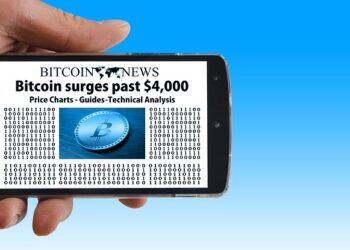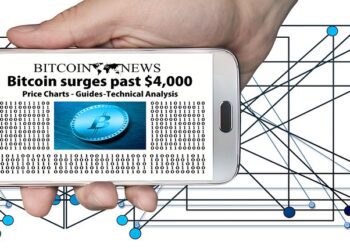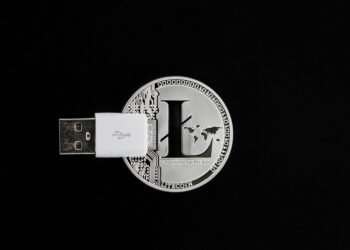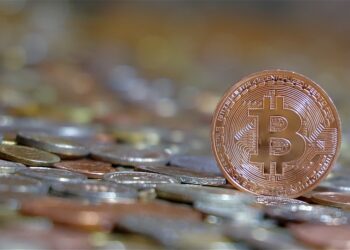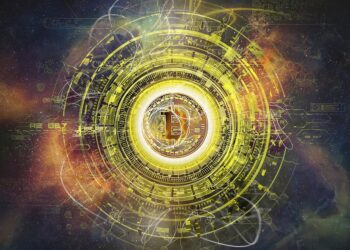With the rise of digital assets and virtual currencies, the concept of ownership in a digital economy is being redefined. Non-fungible tokens (NFTs) are at the forefront of this revolution, offering a new way for individuals to buy, sell, and trade unique digital items.
NFTs are unique digital tokens that represent ownership of a specific asset, whether it be a digital image, video, music file, or even a tweet. Unlike cryptocurrencies such as Bitcoin or Ethereum, which are fungible and can be exchanged for one another, NFTs are non-interchangeable and one-of-a-kind. This uniqueness makes NFTs valuable as collectors’ items, and their scarcity can drive up their price on the open market.
One of the key reasons why NFTs are the future of ownership in a digital economy is their ability to provide transparency and security for digital assets. With traditional digital files, it is often difficult to prove ownership or authenticity, as they can be easily copied and shared. NFTs, however, are stored on a blockchain, a decentralized and immutable ledger that records every transaction involving the token. This provides a clear and indisputable record of ownership, which can be easily verified by anyone.
Furthermore, NFTs allow for new opportunities for creators and artists to monetize their work. By minting their creations as NFTs, artists can retain ownership and control over their intellectual property, as well as receive royalties from any subsequent sales. This empowers creators to forge direct relationships with their audience, bypassing traditional gatekeepers and intermediaries.
Additionally, NFTs have the potential to unlock new forms of digital ownership and collaboration. For example, NFTs can be used to tokenize real-world assets, such as real estate or artwork, allowing fractional ownership and investment in previously illiquid assets. They can also enable the creation of decentralized autonomous organizations (DAOs), where ownership and decision-making are governed by NFT holders.
In conclusion, NFTs represent a paradigm shift in how we think about ownership in a digital economy. By providing transparency, security, and new opportunities for creators and investors, NFTs have the potential to revolutionize the way we buy, sell, and trade digital assets. As we move towards an increasingly digital world, NFTs are poised to become the future of ownership.



